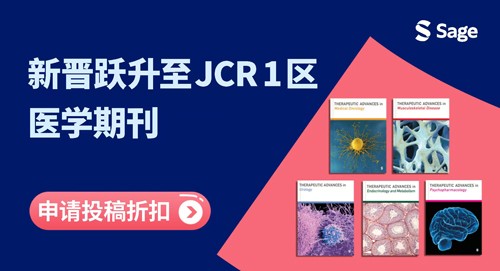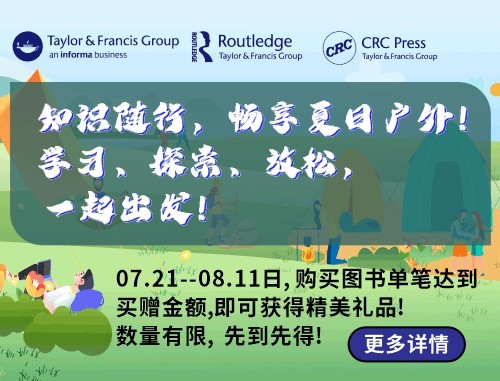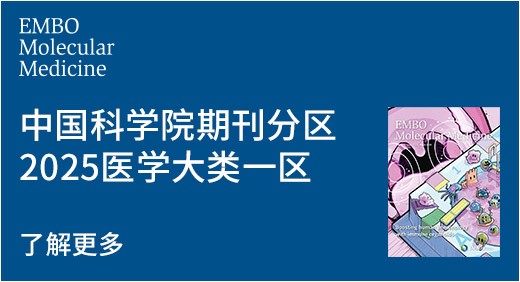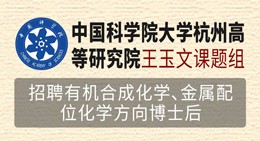Educational Psychology Review ( IF 8.8 ) Pub Date : 2025-01-10 , DOI: 10.1007/s10648-024-09978-8 Tino Endres , Lisa Bender , Stoo Sepp , Shirong Zhang , Louise David , Melanie Trypke , Dwayne Lieck , Juliette C. Désiron , Johanna Bohm , Sophia Weissgerber , Juan Cristobal Castro-Alonso , Fred Paas
Assessing cognitive demand is crucial for research on self-regulated learning; however, discrepancies in translating essential concepts across languages can hinder the comparison of research findings. Different languages often emphasize various components and interpret certain constructs differently. This paper aims to develop a translingual set of items distinguishing between intentionally invested mental effort and passively perceived mental load as key differentiations of cognitive demand in a broad range of learning situations, as they occur in self-regulated learning. Using a mixed-methods approach, we evaluated the content, criterion, convergent, and incremental validity of this scale in different languages. To establish content validity, we conducted qualitative interviews with bilingual participants who discussed their understanding of mental effort and load. These participants translated and back-translated established and new items from the cognitive-demand literature into English, Dutch, Spanish, German, Chinese, and French. To establish criterion validity, we conducted preregistered experiments using the English, Chinese, and German versions of the scale. Within those experiments, we validated the translated items using established demand manipulations from the cognitive load literature with first-language participants. In a within-subjects design with eight measurements (N = 131), we demonstrated the scale’s criterion validity by showing sensitivity to differences in task complexity, extraneous load manipulation, and motivation for complex tasks. We found evidence for convergent and incremental validity shown by medium-size correlations with established cognitive load measures. We offer a set of translated and validated items as a common foundation for translingual research. As best practice, we recommend four items within a reference point evaluation.
中文翻译:

开发脑力和负荷跨语言量表 (MEL-TS) 作为自我调节学习中跨语言研究的基础
评估认知需求对于自我调节学习的研究至关重要;然而,跨语言翻译基本概念的差异可能会阻碍研究结果的比较。不同的语言通常强调不同的组成部分,并以不同的方式解释某些结构。本文旨在开发一套跨语言项目,区分有意识投入的脑力劳动和被动感知的心理负荷,作为广泛学习情境中认知需求的关键区别,因为它们发生在自我调节学习中。使用混合方法,我们评估了该量表在不同语言中的内容、标准、收敛性和增量效度。为了确定内容的有效性,我们对双语参与者进行了定性访谈,他们讨论了他们对脑力劳动和负荷的理解。这些参与者将认知需求文献中的既定项目和新项目翻译成英语、荷兰语、西班牙语、德语、中文和法语。为了确定标准的有效性,我们使用英文、中文和德文版本的量表进行了预先注册的实验。在这些实验中,我们使用第一语言参与者的认知负荷文献中已建立的需求操作来验证翻译的项目。在具有 8 次测量 (N = 131) 的受试者内设计中,我们通过显示对任务复杂性、无关负载操作和复杂任务动机的差异的敏感性来证明量表的标准有效性。我们发现了收敛和增量效度的证据,这些证据通过与已建立的认知负荷测量的中等规模相关性来显示。 我们提供一套翻译和验证的项目,作为跨语言研究的共同基础。作为最佳实践,我们建议在参考点评估中执行四个项目。






























































 京公网安备 11010802027423号
京公网安备 11010802027423号